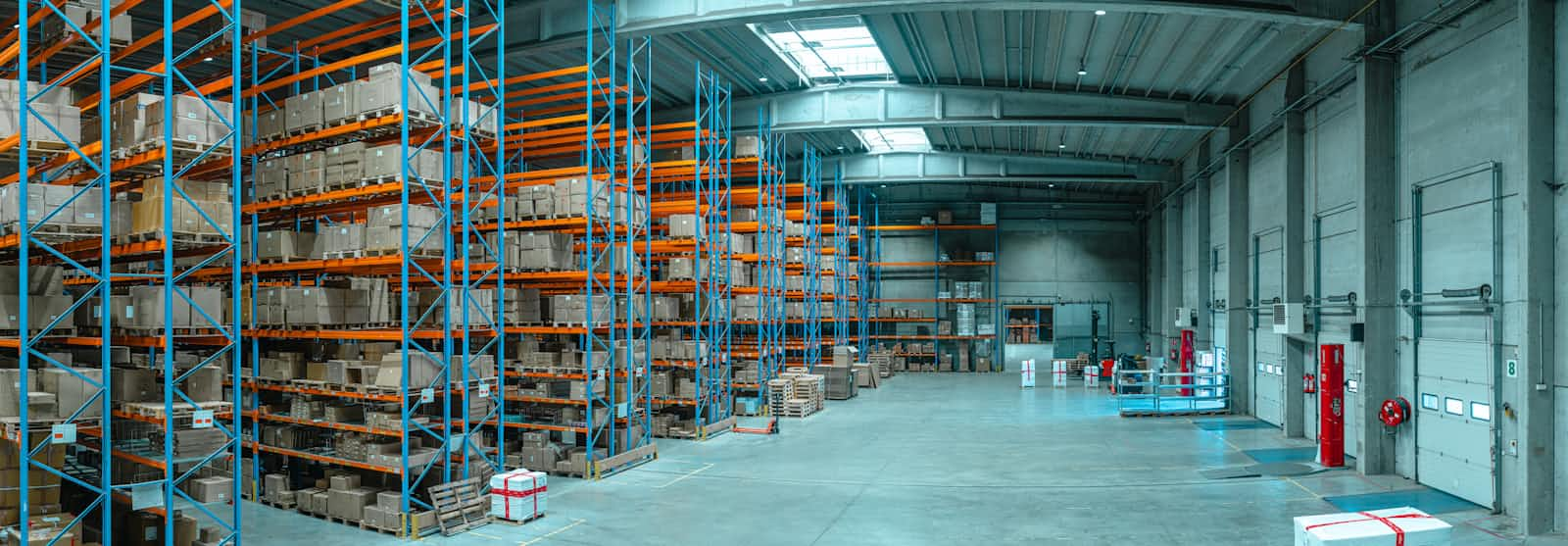Keynotes for Supply Chain Management
 Anshuman Sinha
Anshuman Sinha
1. Understanding Supply Chain Management (SCM)
Definition: SCM involves the management of the flow of goods and services, including all processes that transform raw materials into final products.
Scope: Encompasses planning and management of all activities involved in sourcing, procurement, conversion, and logistics.
2. Core Components of SCM
Planning: Demand forecasting, production planning, and inventory management.
Sourcing: Supplier selection, procurement, and contracting.
Manufacturing: Production scheduling, quality control, and maintenance.
Delivery: Distribution, transportation, and warehousing.
Returns: Handling returned goods, reverse logistics, and recycling.
3. Key Concepts in SCM
Supply Chain Network Design: Structuring the supply chain to optimize costs and performance.
Inventory Management: Balancing inventory levels to meet demand while minimizing costs.
Logistics: Coordinating the movement and storage of goods throughout the supply chain.
Lean Manufacturing: Reducing waste and improving efficiency in production processes.
Just-in-Time (JIT): Inventory strategy to increase efficiency and decrease waste by receiving goods only as they are needed.
4. SCM Strategies
Agile Supply Chain: Flexibility to respond quickly to market changes.
Lean Supply Chain: Focus on efficiency and waste reduction.
Resilient Supply Chain: Ability to withstand and recover from disruptions.
Global Supply Chain: Managing international procurement and logistics.
5. Technological Innovations in SCM
Enterprise Resource Planning (ERP): Integrating all facets of an operation, including development, manufacturing, sales, and marketing.
Supply Chain Management Software: Tools for managing supply chain activities.
Internet of Things (IoT): Enhancing visibility and tracking within the supply chain.
Blockchain: Ensuring transparency and traceability in supply chain transactions.
Artificial Intelligence (AI) and Machine Learning: Predictive analytics and automated decision-making.
6. Performance Metrics and KPIs
Delivery Performance: On-time delivery rate, order accuracy.
Inventory Metrics: Inventory turnover, days of supply.
Cost Metrics: Cost of goods sold (COGS), supply chain cost as a percentage of sales.
Quality Metrics: Defect rates, returns, and warranty claims.
7. Risk Management in SCM
Risk Identification: Identifying potential supply chain risks (e.g., natural disasters, supplier bankruptcy).
Risk Mitigation: Developing strategies to mitigate identified risks (e.g., diversification of suppliers).
Contingency Planning: Preparing for unforeseen disruptions.
8. Sustainability in SCM
Green Supply Chain: Minimizing environmental impact through sustainable practices.
Corporate Social Responsibility (CSR): Ensuring ethical practices in supply chain operations.
Circular Supply Chain: Emphasizing reuse, recycling, and sustainable sourcing.
9. Global Supply Chain Challenges
Cultural Differences: Managing cross-cultural teams and practices.
Regulatory Compliance: Adhering to international trade laws and regulations.
Logistical Complexity: Coordinating complex global transportation and logistics.
10. Trends and Future Directions in SCM
E-commerce: Impact of online shopping on supply chain dynamics.
Customization: Increasing demand for personalized products and its impact on supply chains.
Digital Transformation: Ongoing digitalization and its effect on supply chain efficiency and visibility.
Subscribe to my newsletter
Read articles from Anshuman Sinha directly inside your inbox. Subscribe to the newsletter, and don't miss out.
Written by

Anshuman Sinha
Anshuman Sinha
Software Developer who previously worked as an SDE Intern at a consulting firm and as a Data Science intern at an IT Firm. Currently pursuing BCA from Amity University Patna.